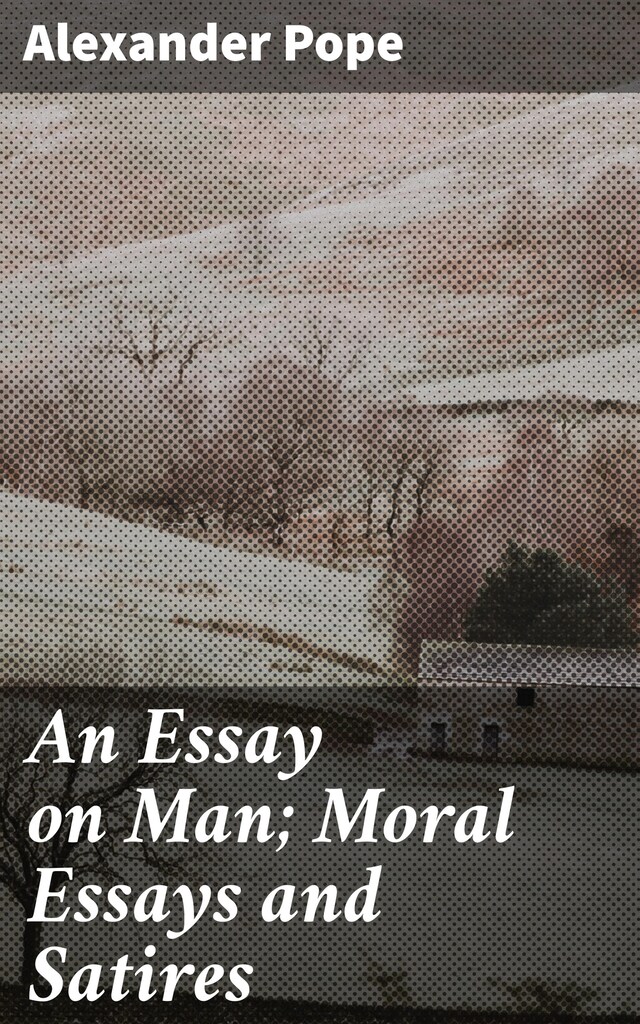
An Essay on Man; Moral Essays and Satires
Exploring Humanity, Morality, and Divine Order in Enlightenment Poetry
Description of book


